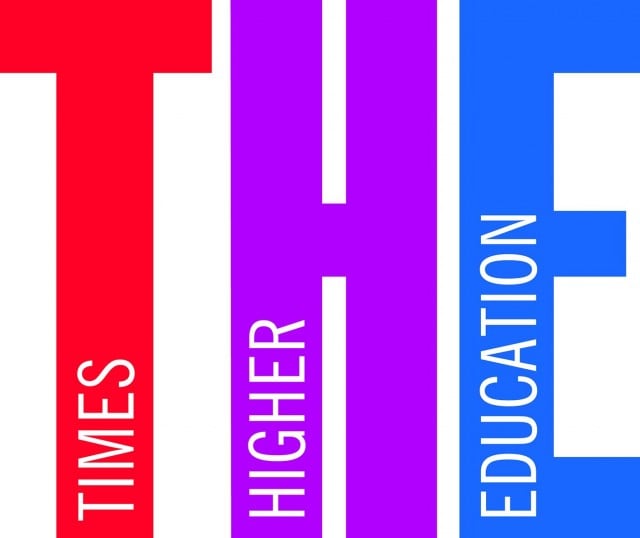The public benefits of universities risk being further underestimated due to the increasing packaging of education as a “consumption good,” the director of an annual United Nations report has warned.
 Manos Antoninis, director of the United Nations Educational, Scientific and Cultural Organisation’s Global Education Monitoring (GEM) report, said societies have to be “very, very careful” that a growing emphasis on learning as a personal investment for financial return does not lead to a “degrading” of the “concept of education."
Manos Antoninis, director of the United Nations Educational, Scientific and Cultural Organisation’s Global Education Monitoring (GEM) report, said societies have to be “very, very careful” that a growing emphasis on learning as a personal investment for financial return does not lead to a “degrading” of the “concept of education."
Antoninis made the comments after the GEM launched its report for 2021–22. It shows that around a third of students across the globe are enrolled in private institutions, ranging from elite universities to “demand-absorbing” smaller colleges, with the highest shares seen in Latin America and the Caribbean (54 percent enrolled in nonstate institutions) and central and southern Asia (49 percent).
Most Popular
Although the report says the global level has remained relatively constant in recent years, many developing countries are turning to private institutions as a way to meet increasing demand for higher education.
The report warns that without ensuring equitable financial access to such institutions, they could leave behind the poorest, pointing to regions like Latin America where advantaged students tend to make up a much higher share of private enrollments.
In Uruguay, almost 80 percent of students at private institutions are from the richest 20 percent of the population, compared with less than 40 percent in public universities and colleges.
“Nonstate providers tend to reserve access for those who can afford to pay. In some contexts, some may try to increase access for those who had been excluded. But in both cases, there is a risk of segregation in the tertiary education system,” the report says.
Antoninis said the issue was not necessarily who was providing higher education, “as one would expect that the government alone cannot cover all the demand,” but whether regulation was sufficient to ensure quality and “that there is equitable access through measures that support financially those who otherwise may be left out.”
Camila Lima de Moraes, a GEM project officer who worked on the higher education section, said Chile was a “case where the government treats … private institutions and public equally” in terms of students having access to financial support, and this has helped improve the balance of enrollments.
Related Stories
“Having strong student support financial systems is important to ensuring access,” she said.
Antoninis said understandably governments wanted to find the “golden line” between private and public higher education, given tertiary education does benefit both individuals and society.
But he raised concerns about how education is increasingly being described in marketable terms, something that he felt could lead to an underestimation of the public benefits.
“More and more, under pressure from the providers who are nonstate, education is being packaged as a consumption good and the language that is being used for that points people to think in that direction,” he said. “There is more and more a feeling that it is about competing, outcompeting others, and therefore you invest to improve your own personal chances in the labor market and in life, and that risks degrading our understanding and concept of education. So that is an area where people need to be very, very careful.”
"consumption" - Google News
December 17, 2021 at 03:03PM
https://ift.tt/33H5vhP
UN warns of packaging of higher ed as a 'consumption good' - Inside Higher Ed
"consumption" - Google News
https://ift.tt/2WkKCBC
https://ift.tt/2YCP29R
Bagikan Berita Ini














0 Response to "UN warns of packaging of higher ed as a 'consumption good' - Inside Higher Ed"
Post a Comment